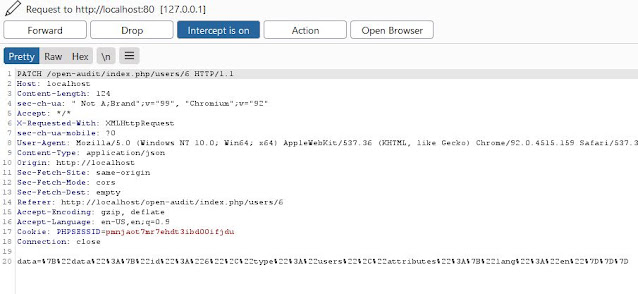New Android Malware Can Physically Damage Your Phone
New Android Malware Can Physically Damage Your Phone
Android phones have always remained the soft target of malicious threat actors since every now and then we hear about a new malware strain hitting innocent android users. The same has happened in this case where a new malware is targeting Android phones.
Now, researchers from Moscow-based cyber security firm Kaspersky Lab have uncovered a new strain of Android malware lurking in fake anti-virus and porn applications, which is capable of performing a plethora of nefarious activities—from mining cryptocurrencies to launching Distributed Denial of Service (DDoS) attacks
.
Dubbed Loapi, the new Android Trojan can perform so many more malicious activities at a time that can exploit a handset to the extent that within just two days of infection it can cause the phone's battery to bulge out of its cover.
Loapi has a modular architecture that lets it conduct a variety of malicious activities, including mining the Monero cryptocurrency, launching DDoS attacks, bombarding infected users with constant ads, redirecting web traffic, sending text messages, and downloading and installing other apps.
Loapi Destroyed An Android Phone In Just 2 Days
android-malware
When analyzed a Loapi sample, Kaspersky's researchers discovered that the malware mines the Monero cryptocurrency so intensely that it destroyed an Android phone after two days of testing, causing the battery to bulge and deforming the phone cover.
They are distributing the malware through third-party app stores and online advertisements that pose as apps for "popular antivirus solutions and even a famous porn site."
A screenshot in the Kaspersky blog suggests that Loapi impersonates as at least 20 variations of adult-content apps and legitimate antivirus software from AVG, Psafe DFNDR, Kaspersky Lab, Norton, Avira, Dr. Web and CM Security, among others.
Upon installation, Loapi forces the user to grant it 'device administrator' permissions by looping a pop-up until a victim clicks yes, which gives the malicious app the same power over your smartphone that you have.
Loapi Malware Aggressively Fights to Protect Itself
Researchers also said the malware "aggressively fights any attempts to revoke device manager permissions" by locking the screen and closing phone windows by itself.
Loapi communicates with the module-specific command and control (C&C) servers, including advertisement module, SMS module and mining module, web crawler, and proxy module, for different functions to be performed on the infected device.
By connecting with one of the above-mentioned C&C servers, Loapi sends a list of legitimate antivirus apps that pose it danger and claims the real app as malware and urges the user to delete it by showing the pop-up in a loop until the user finally deletes the app.
Loapi is an interesting representative from the world of malicious Android apps. Its creators have implemented almost the entire spectrum of techniques for attacking devices: the Trojan can subscribe users to paid services, send SMS messages to any number, generate traffic and make money from showing advertisements, use the computing power of a device to mine cryptocurrencies, as well as perform a variety of actions on the internet on behalf of the user/device. The only thing missing is user espionage, but the modular architecture of this Trojan means it’s possible to add this sort of functionality at any time,” warned researchers.
The good news is that currently Loapi hasn’t invaded Google Play Store but Kaspersky Lab researchers identified 85 apps that were already trojanized that can steal VK.com’s login credentials.







No comments